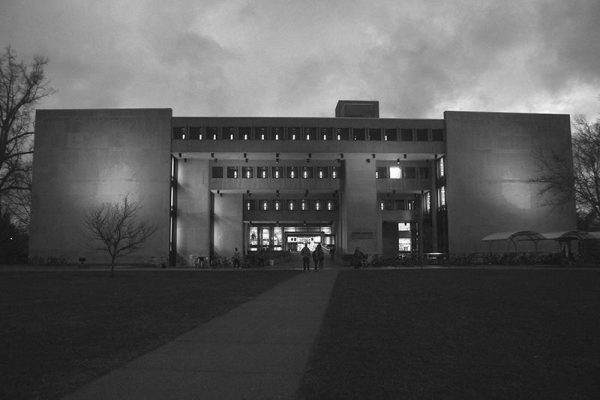Courses on Africa are Embarrassingly Limited in Oberlin’s Offerings
Historically and presently, the international community has done its best to exclude Sub-Saharan Africa from the global conversation. The lack of substantial representation of the African continent in Oberlin’s academic offerings is reflective of that reality in more ways than one. Oberlin offers East Asian Studies, Russian and East European Studies, Jewish Studies, Latin American Studies, Hispanic Studies, Middle East and North Africa Studies, and Africana Studies, but does not offer even so much as a Sub-Saharan African Studies concentration within the Politics or Africana Studies departments.
Most higher learning institutions in America only offer Africana Studies, African-American Studies, or Black Studies. This is different from African Studies, which is the “interdisciplinary study of the arts, history, cultures, politics, and development of Africa,” as defined by Yale University, one of the few universities with an African Studies department. Africana Studies, on the other hand, is described on the Oberlin website as the “academic engagement with the history, cultures, politics, and experiences of African-descended peoples.” The main difference is that Africana Studies is mainly centered around the Black experience in the United States, with the inclusion of some classes on the Caribbean and Africa.
The history of Black people in America is rich and extensive, which is why it more than deserves a whole department, and many colleges recognize that. Similarly, the complexities of the African continent are also deserving of a specific field of study and department at Oberlin. Changes must be implemented in the quest to achieve this, namely an increase in the number of classes that teach about Africa.
Where are the classes on the Rwandan genocide? The dynamic realities of the Democratic Republic of the Congo, past and present? The role of feminism in the anti-Apartheid movement? Kenya as a global beacon for climate change reform? More often than not, when these complex topics are discussed, they are condensed into a single one-hour lecture. How can Oberlin claim to educate on the realities of the world we live in with such limited learning options on such a complex continent? How can Oberlin claim to produce well-equipped Politics majors when an entire part of the world is barely featured in its Politics department? It is disappointing because a different reality is possible. African Studies departments are not unheard of; additionally, the amount of African literature and expert African scholars, and the necessity to study the African continent and its operations, increase everyday. Moreover, the lack of classes on Sub-Saharan African history and politics is reflected by the few books and resources the library has on the region, since course content informs the libraries’ purchases. Furthermore, in the classes we have taken, discourse around Africa is usually limited or met with very little interest — mainly from students, but professors play a role in this, too. Usually it’s because they know very little or nothing at all about the region. This is inexcusable, since more often than not, they are unwilling to ask questions or find out more when an African country is brought up.
It’s shocking how when we bring up examples from the continent, nobody builds on them or draws parallels — most times, the conversation shifts back to another region. Obies pride themselves on their critical thinking, intellect, and interest in social justice, so how is it that when a topic about one continent is brought up, most have nothing to say, but when any other region of the world is mentioned, it is met with enthusiasm?
It’s exhausting that we have to carry the burden of educating not only our peers, but our professors, too. From interactions both inside and outside the classroom at Oberlin, the reality that Africa is seen as the “dark continent” has really set in. Few know or care to know about a whole region. The disregard for education about Africa showcases subconscious anti-African sentiments — the region is still not seen as one of great importance or worthy of extensive research and study. On its website, Oberlin recognizes that “diversity broadens perspectives.” How exactly does this work when a whole continent is significantly underrepresented?


